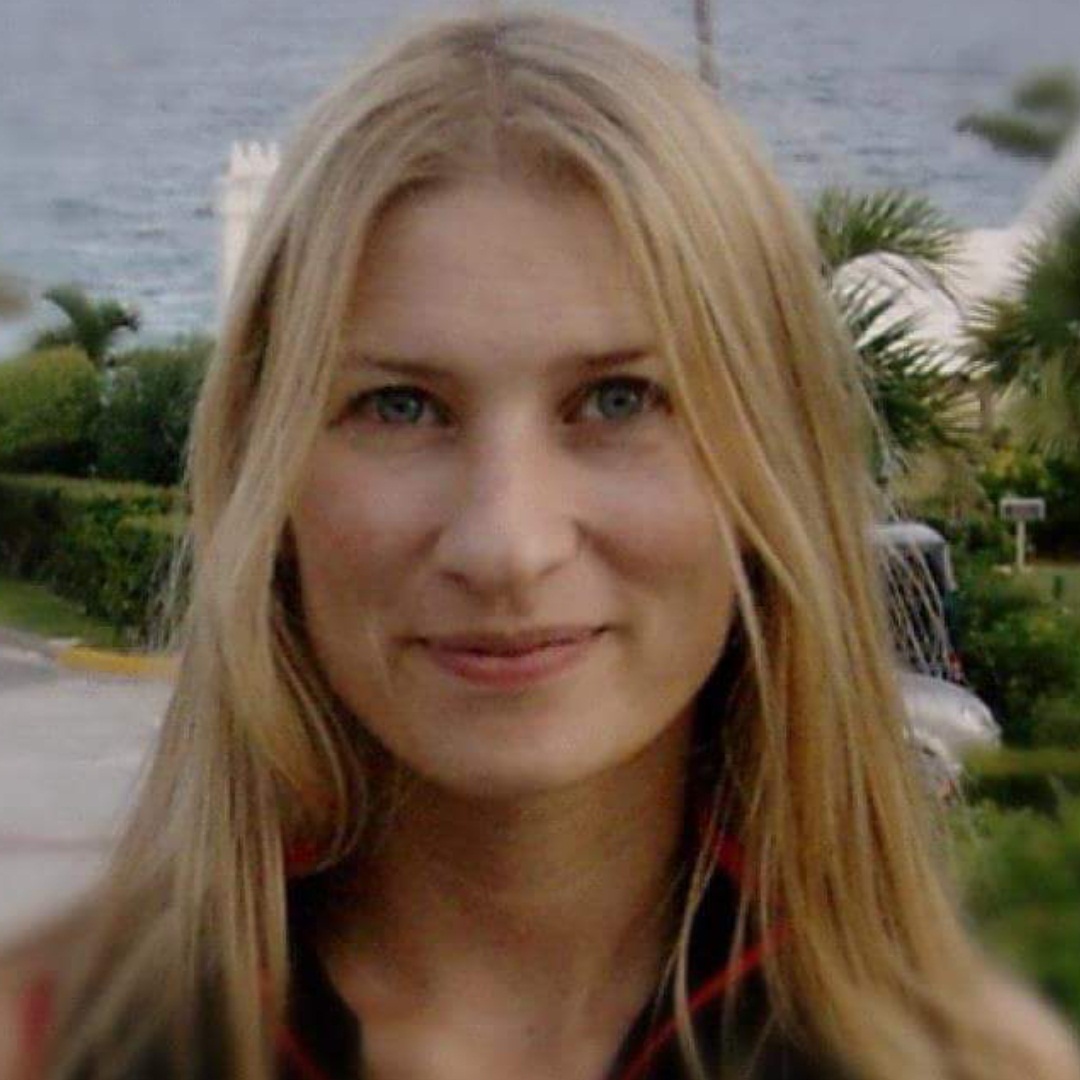Aims
The research aims are to ask community based Drug Intervention Programme (DIP) clients what they consider to be important factors in their relapse and recovery. DIP clients represent some of the most chaotic drug misusers who have entrenched and long lasting addictions with many ‘failed’ attempts at recovery.
Design & Questions
There is no published research on the characteristics of DIP clients, with regards to their psychological health, family upbringing, abuse, trauma and relationships and how this might impact on their relapse and recovery using a qualitative methodology. A ‘Q card’ sorting technique based on these characteristics was used to engage participants. Interpretative Phenomenological Analysis was adapted for use with focus groups. Theories within the psychology field, such as attachment and emotion regulation theory have helped to inform the questions and the direction of the research.
Setting & participants
Past & current DIP clients were invited to talk about their experiences of relapse and recovery. Participants (N=10) were adults, (male and female) and were crack and/or heroin users, with offending backgrounds.
Findings & next steps
Themes elicited included, difficult & traumatic childhood experiences, challenges with mental and psychological health, complex and tense relationships and coping mechanisms, including those with supportive networks. These findings will be explored further in one to one interviews. The implications of these findings for improving service provision and policy development for this group, as well as to help them in sustaining recovery, will be considered.
Co-Authors
Ms Beverly Love, PhD Psychology student, University of Surrey Professor Arlene Vetere, University of Surrey Dr Paul Davis, University of Surrey
Conflicts of interest:
Reading University (fees only bursary) from 2010-2013, SSA studentship award Oct 2015 – Jan 2017.
